Critic’s Rating: 4 / 5.0
4
The Season 2 premiere of Pachinko, the cinematic Apple TV+ series based on the novel by Min Jin Lee, was absolutely worth the two-year wait.
This episode returns us almost exactly to where we left Sunja (Kim Min-ha) at the end of Season 1 in the Osaka marketplace of 1945.
But WWII isn’t the only conflict Sunja’s family will face during this century or this new season.
(Apple TV+/YouTube screenshot)
The Season 2 premiere features a dual timeline where Sunja deals with poverty in 1945 Osaka while her grandson Solomon Baek (Jin Ha) tries to broker a huge investment deal in 1989 Tokyo.
They are both trying to move ahead and thrive but find that their pasts are never far behind them.
Modes of Survival in Osaka
Sunja’s achievement of selling the best kimchee in the market means little now that her last batch is almost gone, and there is no cabbage available to make more.
Once again, she has beaten the odds of survival only to find that she must face a new challenge.
Or rather, her familiar nemesis of poverty, just now with a new face.
(Apple TV+/YouTube screenshot)
Speaking of new faces, Mr. Kim (Kim Sungkyu) appears as a loyal customer who pointedly ignores Noa while lavishing smiles and compliments on Mozasu.
This difference in the man’s attention draws the young boy’s suspicion, while Sunja seems too charmed (or tired) to notice anything amiss.
Cue some foreshadowing …
We’ve just seen the brothers race through the marketplace laughing, making them seem closer in age than when teen Noa’s face is dour and buried in a book. It’s easy to forget how young both of the boys truly are.
Noa carries the weight of an entire adult life’s worth of grief, while Mozasu is cheerfully precocious.
The two balance their family dynamic well, with Noa providing support for Sunja and Moz offering much-needed humor.
(Apple TV+/YouTube screenshot)
Their school lives reflect their different approaches to life in general.
Mozasu flips his bully’s lunchtime taunts upside down, turning them into an infomercial for his mother’s cooking abilities. He has definitely inherited Sunja’s talent for sales.
Noa responds to his bullies with silence and relies on a teacher’s intervention. Moz is all ambition and flash, while Noa’s dreams for the future are moderate and subdued.
I had honestly forgotten that their father, Isak, is still alive at this time, just in jail. Sunja seems set to follow him there after her bootleg rice wine business is busted, but she is spared because of … Mr. Kim?
Mozasu’s prediction of him being a spy was spot on, but I have to say it surprised me. I knew something was off with him, but never expected Mr. Kim to be the protective eyes and ears of Koh Hansu (Lee Min-ho).
It’s Wartime for the Wealthy, Too
(Apple TV+/YouTube screenshot)
We’ve seen Koh Hansu going about his mysterious business, giving serious Raiders of the Lost Ark flashbacks at Osaka’s train station, and getting shade from sly subordinates at a high-stakes dinner party.
Mozasu would have instantly figured out that Koh was trafficking tungsten, but once again, I was caught by surprise (I swear I was paying attention to this episode!).
Koh is ambivalent as to who — the Soviets or Americans — he will sell the tungsten to. Still, he’s very interested in getting Sunja and her family out of Osaka before it’s bombed.
It was a little unclear how he (or rather Mr. Kim) would have approached Sunja about this had she not been arrested — or was that why the market was raided that day?
If Mr. Kim was watching her so closely, he must have known she was making and planning to sell rice wine. I hope he intended to buy as much of that as he used to buy her kimchee.
Putting the logistics of Mr. Kim and how he gets information to his employer aside, it seems that the one thing Koh didn’t already know was how much in love Sunja still was with her husband Isak and that she was determined to stay and be bombed into oblivion rather than leave him alone in jail.
(Apple TV+/YouTube screenshot)
Because THAT would show Koh that she doesn’t really need him.
Even though their whole dynamic is pretty much him swooping in to save her from horrible situations while looking incredibly handsome.
Modes of Survival in Tokyo
Solomon is trying (unsuccessfully) to bounce back from that time when staying true to his ethics caused his career to implode.
Even when his kindness to Tetsuya during their school days nets him a huge promised investment, the deal is dashed when his former employer, Abe-san, learns about it and forces his friend to back out.
Being principled has not been lucrative for Solomon, but losing it at the racist grocery store bakery counter doesn’t help him much, either.
Neither does the well-meaning check from his father and grandmother, especially after he tears it up.
(Apple TV+/YouTube)
Take THAT, everyone who still loves me!
He is Sunja’s grandson, indeed.
On the plus side, the family pachinko parlor in Osaka has been repainted with cheery and optimistic pinks and greens!
Going Forward This Season
Solomon is confident and just as coolly ambivalent as Koh Hansu at the beginning of his proposed deal but is practically unraveled by the time he’s glowering at the back of that awards ceremony.
Methinks Mr. Nice Guy has left the building and pulled the fire alarm on his way out.
Solomon is still struggling to integrate his ambition, vulnerability, pride, and inherent decency.
(Apple TV+/YouTube screenshot)
Cutting ties with his family is like anesthetizing his conscience, but he should know by now that it only stays numb for so long.
Solomon is seriously in danger of this becoming a destructive pattern that will hurt not only himself but also everyone who is important to him.
The fight for him this season isn’t against Abe-san or even his grandmother. It’s also not about him trying to outrun his bad business reputation.
Solomon must reconcile many different worlds. He is a fragile, self-contained bridge between cultures, classes, generations, and languages.
Right now, he can’t see how all those can coexist, and to be fair, he hasn’t had much proof otherwise.
(Apple TV+/YouTube screenshot)
But if his grandmother Sunja has shown us anything so far, it’s that her family is capable of incredible resilience at any imaginable point in time.
This episode started a bit slow, spending more time building on threads from Season 1 than introducing new story aspects. Still, it was an impressively cinematic start to Pachinko’s next chapter.
How did the pacing and tone of this episode work for you?
Did it feel like a true premiere or just an extension of last season? Let us know in the comments!
You can view the original article HERE.
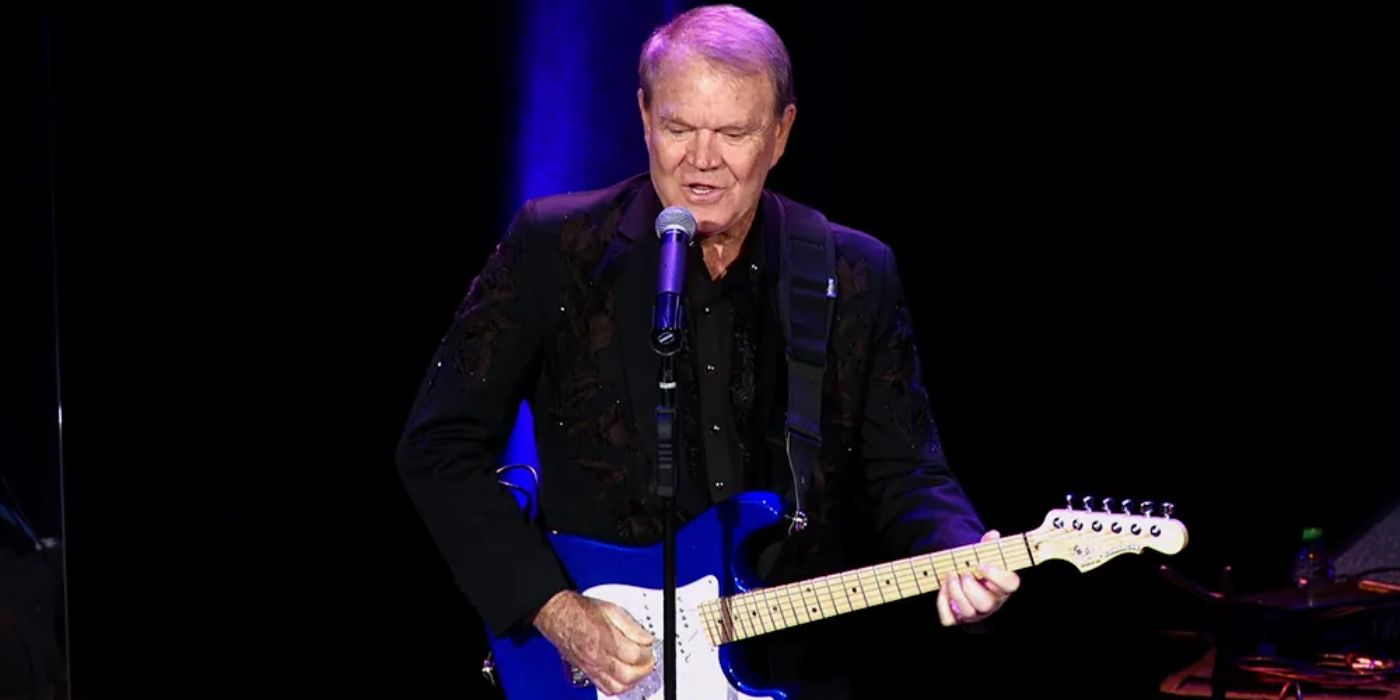
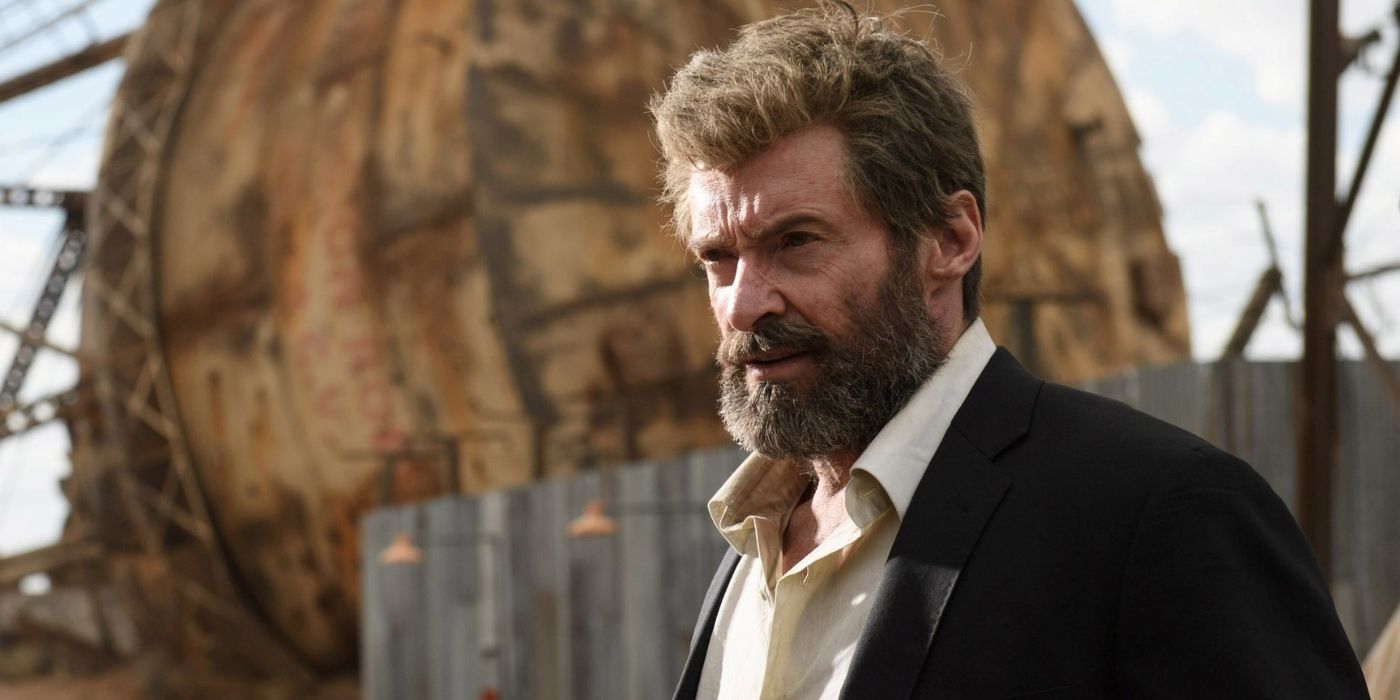





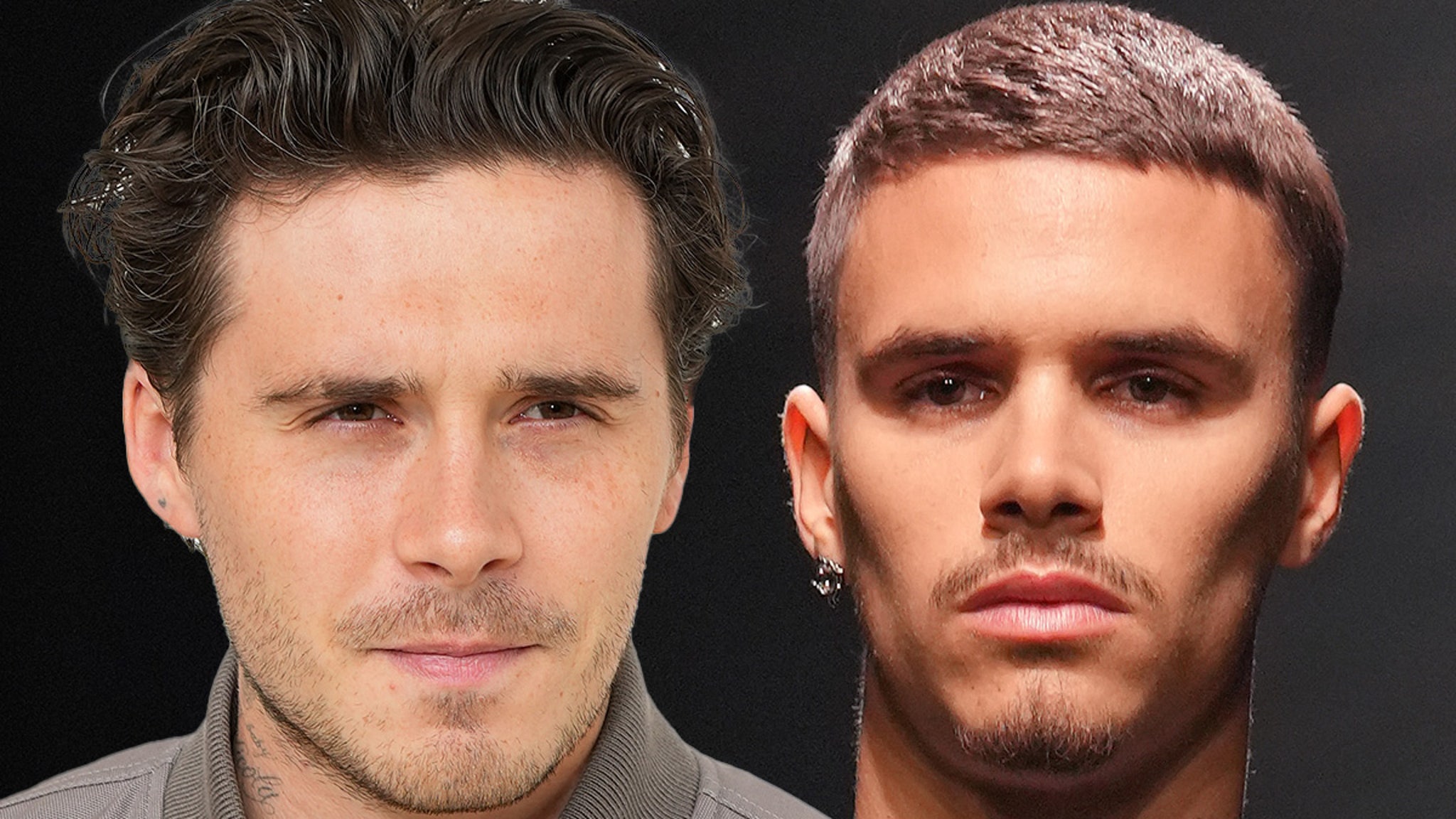
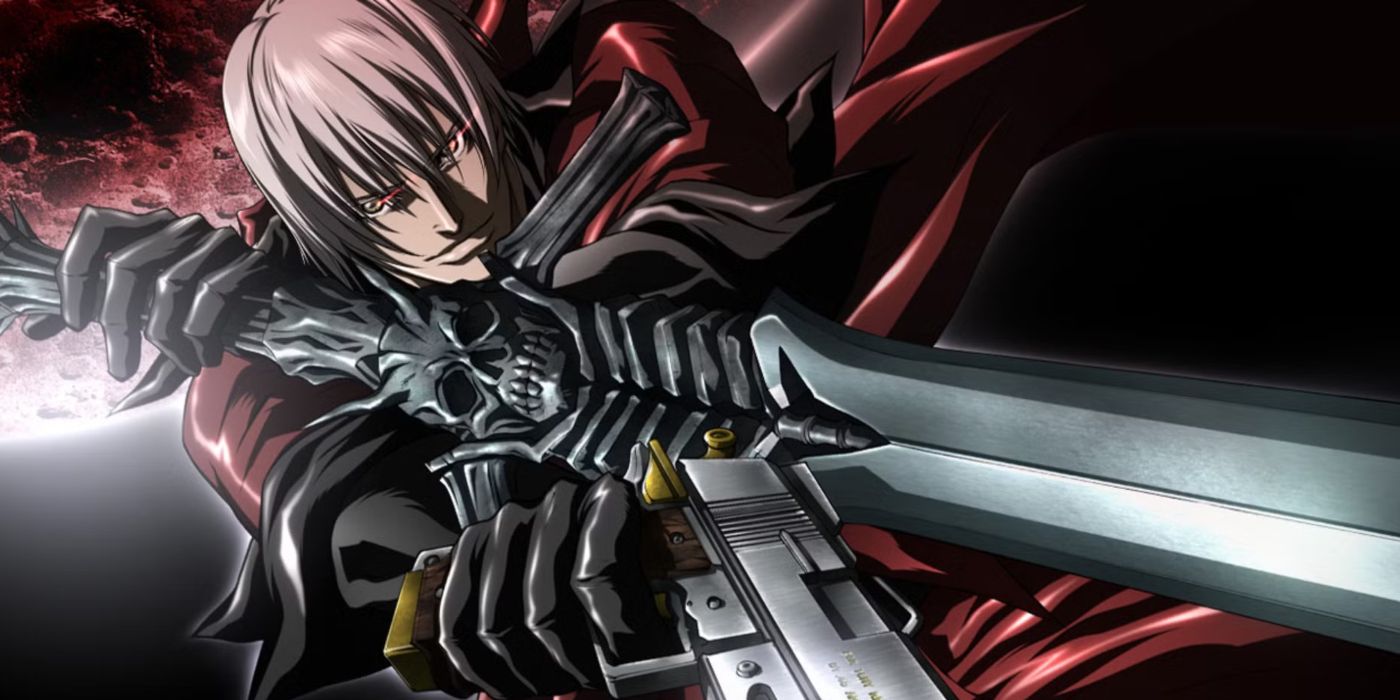



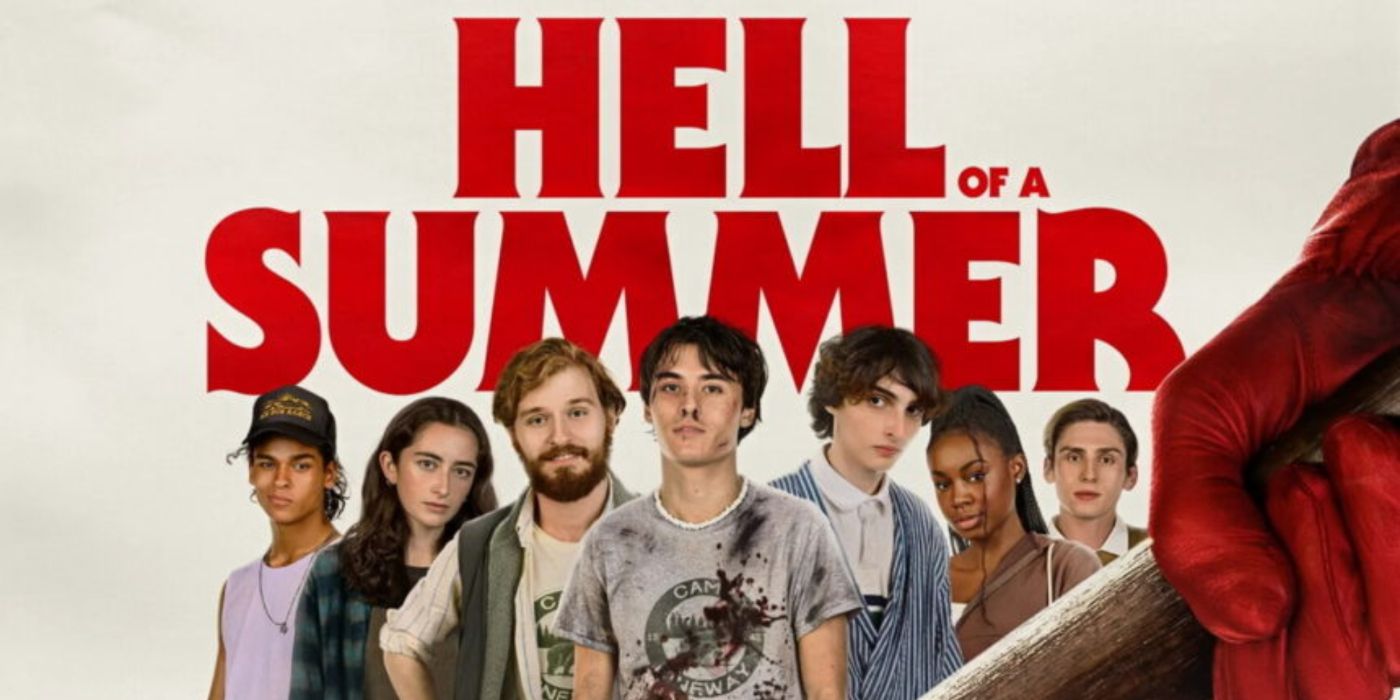

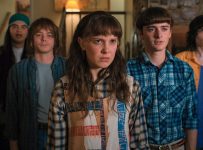



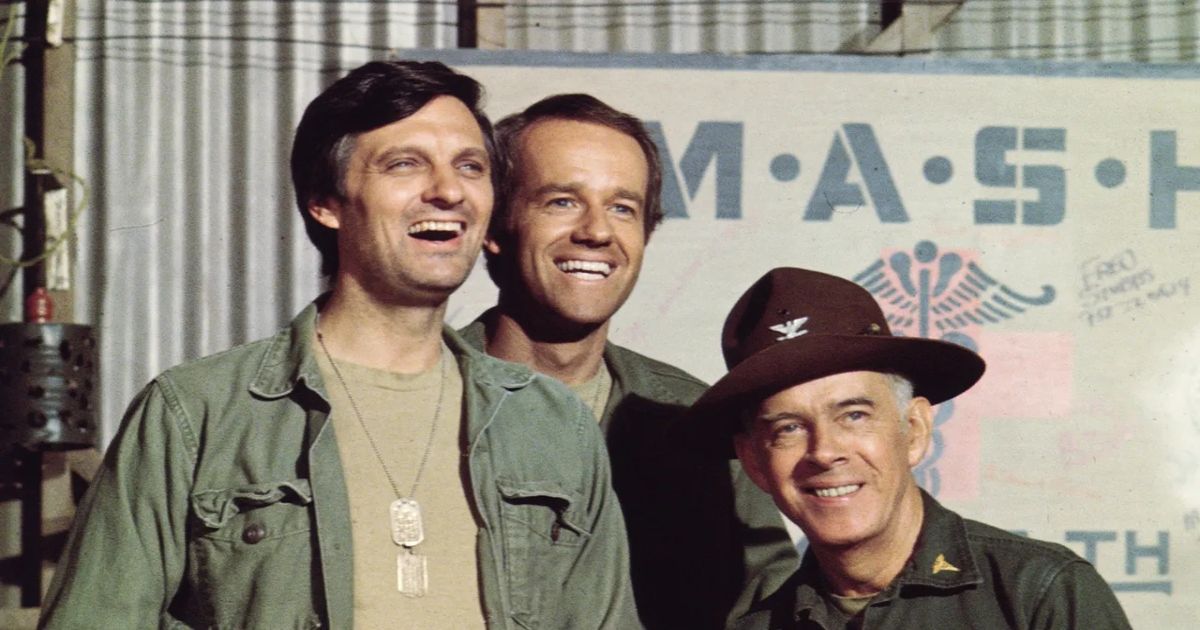







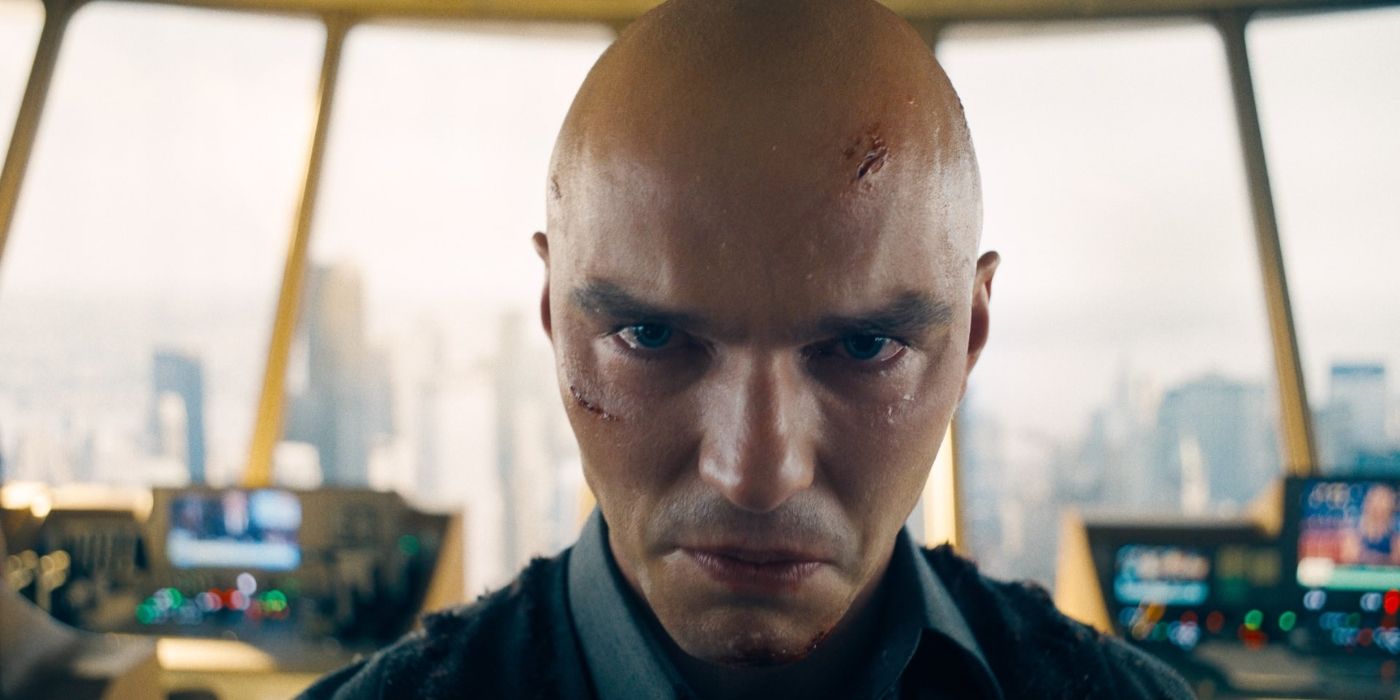



:quality(85):upscale()/2025/04/01/587/n/1922564/fe60d6be67ebe4b0bbd6f1.79749549_.png)